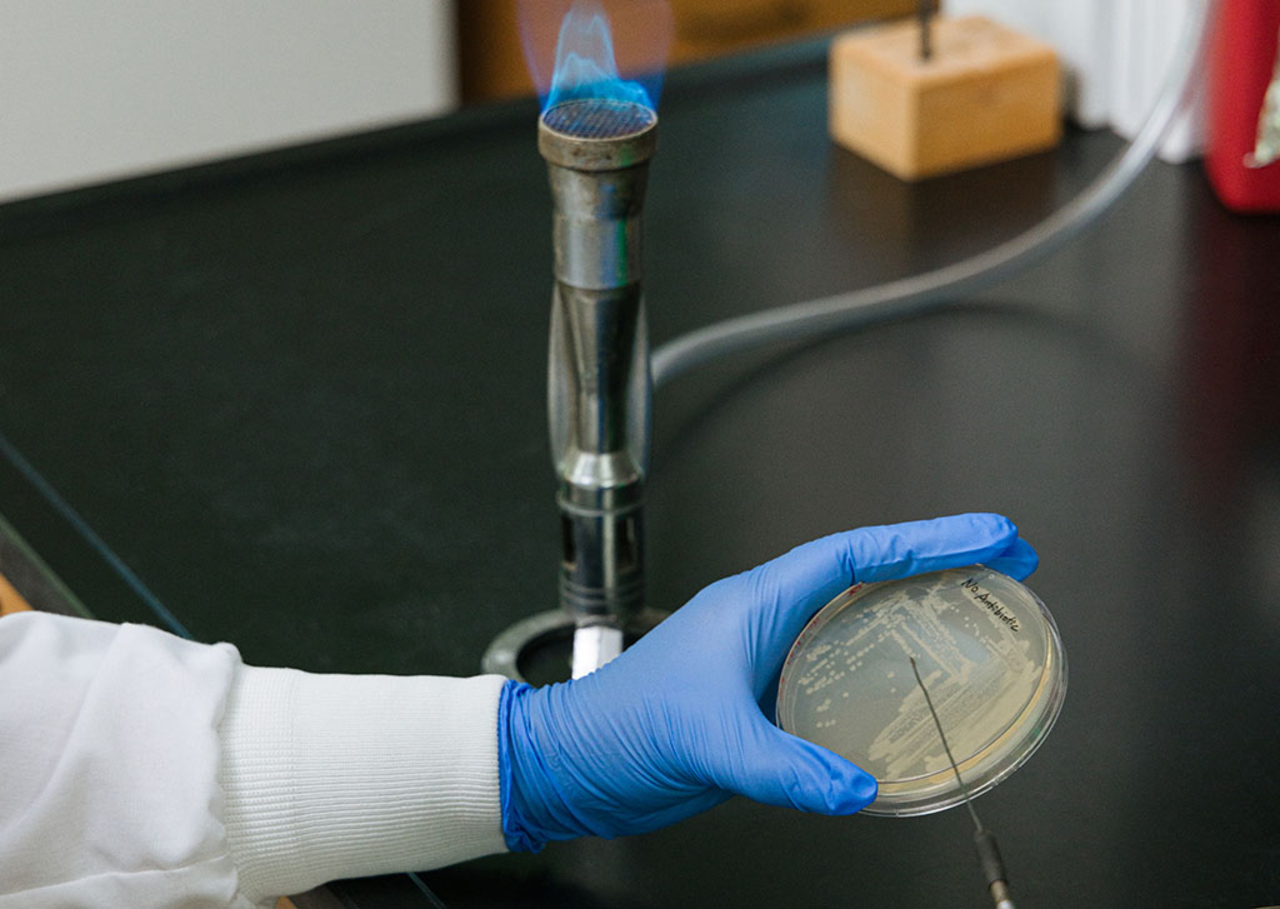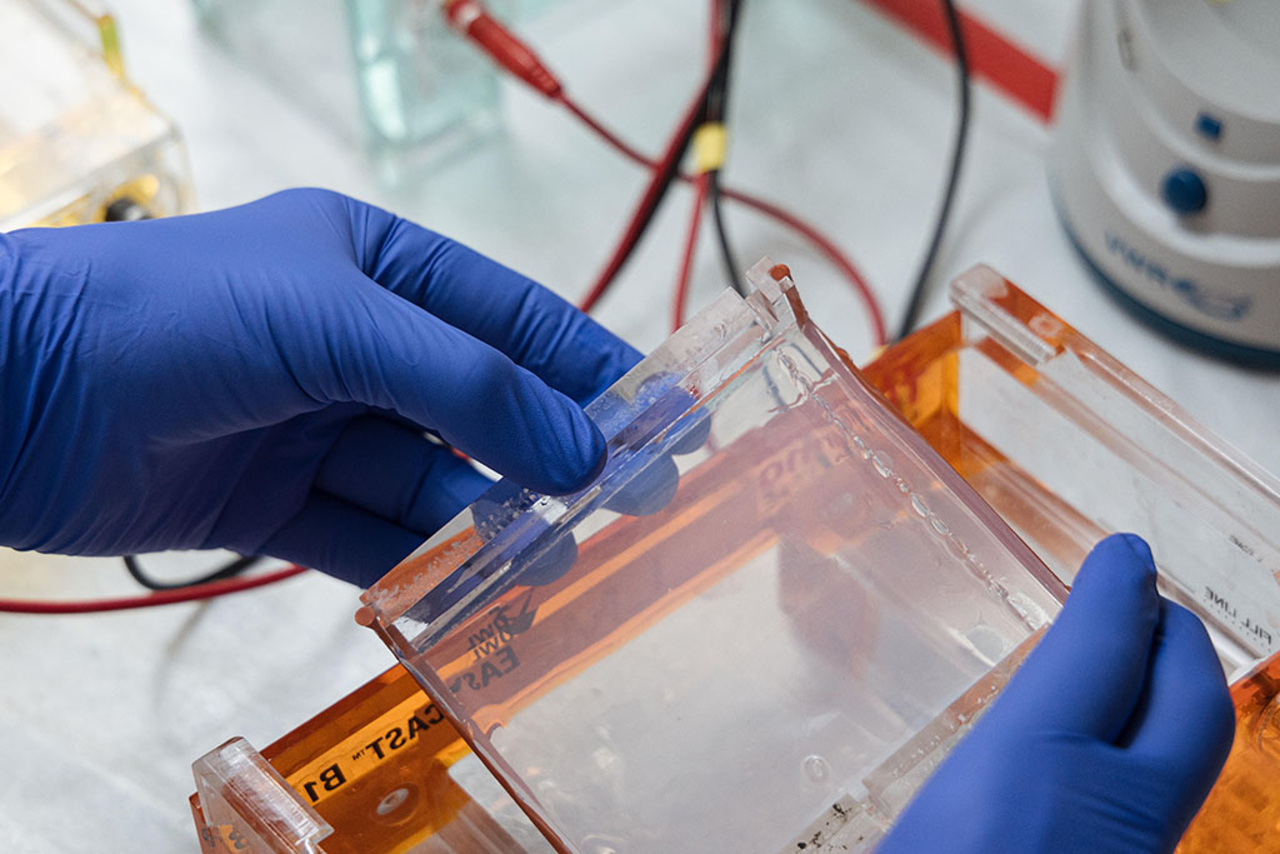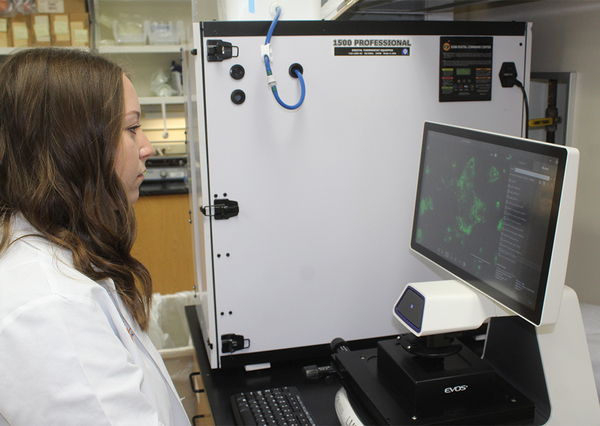The Martinez-Sobrido Lab
The Martinez-Sobrido lab is a multidisciplinary group of researchers studying the molecular biology, immunology, and pathogenesis of negative-stranded RNA (influenza virus, respiratory syncytial virus, human metapneumovirus, arenavirus, Thogoto virus, Ebola virus, and Crimean Congo hemorrhagic fever virus), positive-stranded RNA (Dengue virus, Zika virus, SARS-CoV, MERS-CoV, SARS-CoV-2, and mouse hepatitis virus), and DNA (human cytomegalovirus, vaccinia, and monkeypox) viruses.
Dr. Martinez-Sobrido’s lab has extensive knowledge in plasmid-based reverse genetics techniques to rescue recombinant viruses, pioneered the development of techniques and screening assays to identify and characterize viral-encoded interferon antagonist proteins, established new molecular biology techniques to study highly pathogenic viruses without the requirement of special biosafety conditions.
Dr. Martinez-Sobrido’s lab aims to develop and implement vaccines and antivirals that can be long-lasting for the treatment and control of viral infections in humans and animals. Dr. Martinez-Sobrido’s lab is currently using the maximum containment biosafety level 4 (BSL-4) laboratory to safely study pathogens responsible of causing hemorrhagic fever in humans.




Main Technologies and Methods Used
-
PCR/RT-PCR
-
DNA manipulation
-
Viral minigenome assay
-
Generation and characterization of recombinant viruses
-
Virus stock generation and characterization
-
Reporter-expressing virus based high throughput screening
-
Plaque assays and microneutralization assays
-
Antiviral and Neutralizing antibodies screening in vitro and in vivo
-
Immunofluorescence assays
-
Immunoblotting
-
Viral pathogenesis studies in animal models

